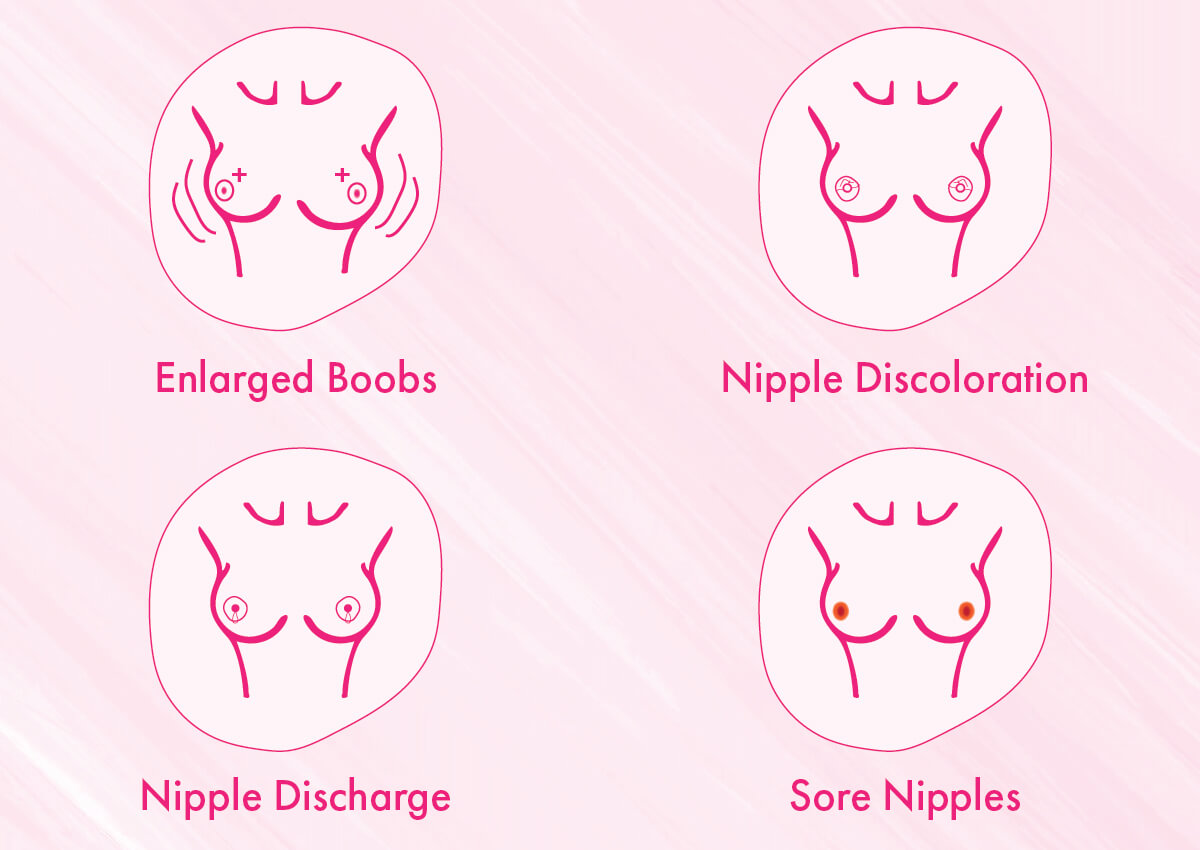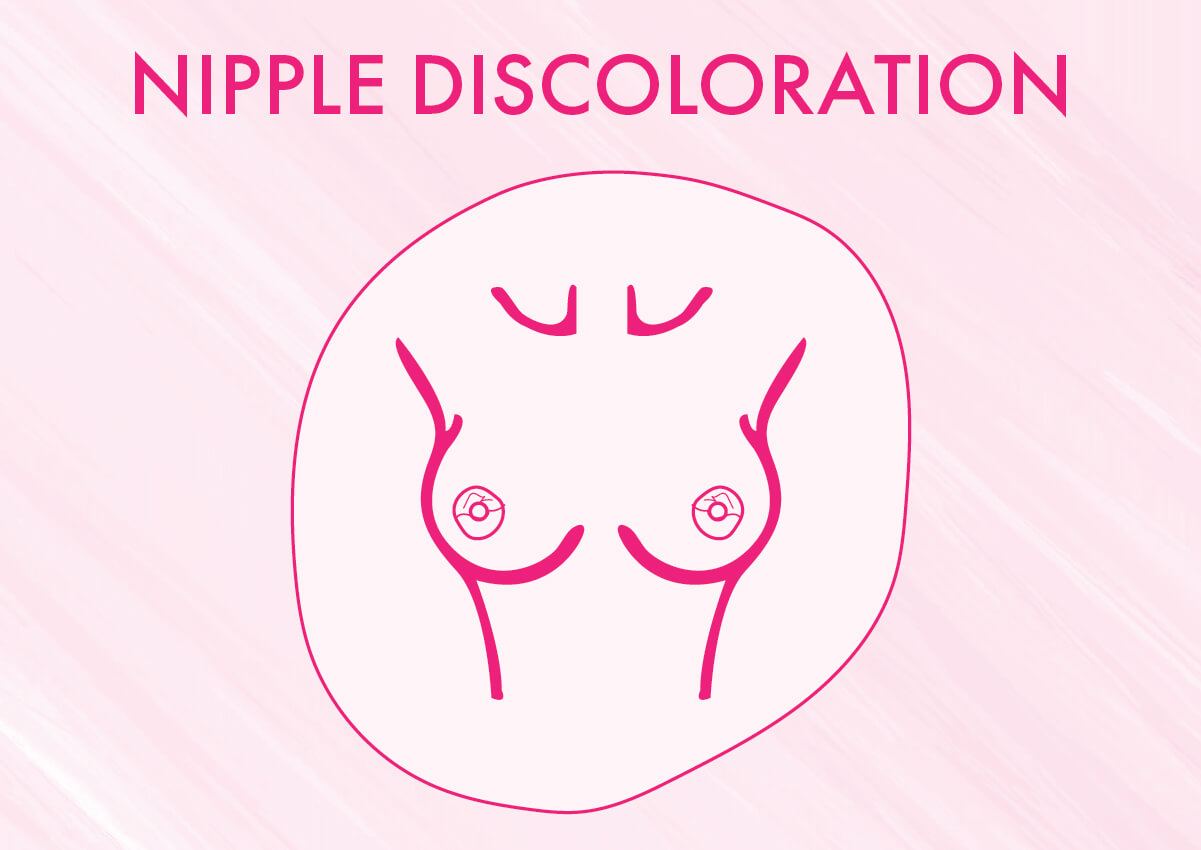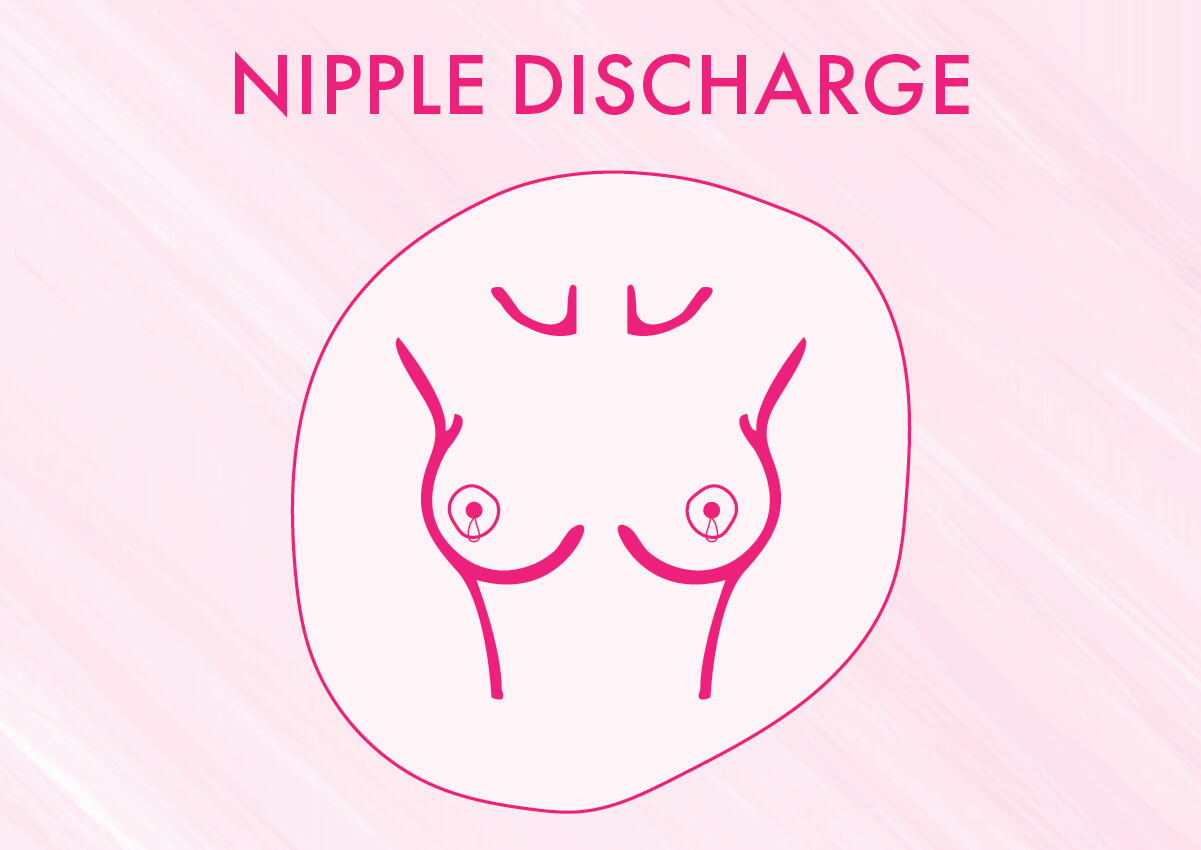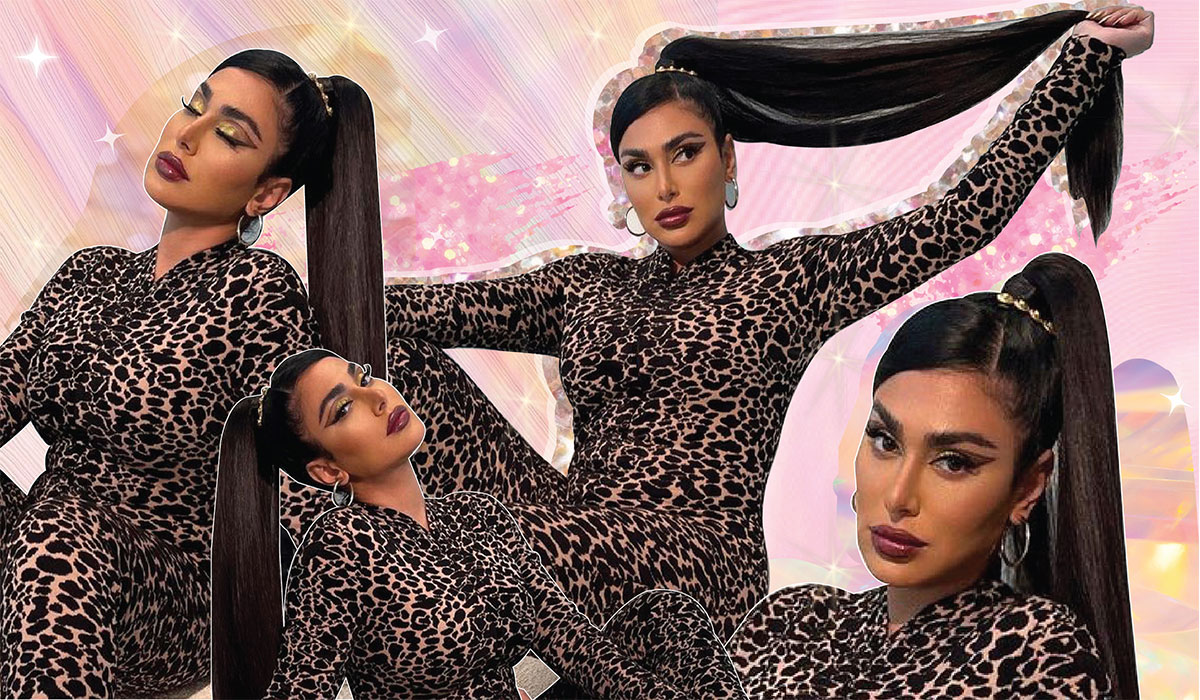How To Get To Know Your Boobs Better (And Why It's SO Important)

With all boobs comes great responsibility, which means you need to pay your breasts special attention and check them regularly. Not just because it’s Breast Cancer Awareness month, but because familiarizing yourself with how your boobs look and feel could save your life! Remember, your boobs are fragile, and the most important thing you can do is get to know them and take care of them.
If you think your boobs are constantly changing, you’re not alone; and more often than not, it’s totally normal. Heightened sensitivity? Grown overnight? Leaky nipples? Don’t panic! The best way to know if something is up with your breasts is to understand what could be causing these changes and check yourself regularly, so you know what’s ‘normal’ for you! We bringing in the experts to help you.
“Breasts and nipples vary markedly from one person to another. Most of the changes are related to hormones and hormonal variation. As a rule, most changes are normal, but it’s really important to stay familiar with your breasts and to seek attention from a qualified health professional for changes that do not seem temporary, cyclic, or especially if they affect one breast and not the other,” says board-certified gynecologist and hormonal wellness expert, Dr. Rebecca Booth.
Because it can be a bit of an awkward topic, we quizzed Dr. Booth on every boob-related question you might have. So, if your boobs jump from a C to a D, you’ll be able to understand why. We’ve also got a complete guide on how to check your boobs, which is SUPER important to read and do! Here’s what you need to know…
Why do my boobs get bigger?

If your boobs suddenly change size, don’t jump to any conclusions straight away. There are so many more reasons for fluctuations in breast size. Dr. Booth breaks it down:
Hormonal changes: “Estrogen is the hormone that inspires breast enlargement at puberty. Progesterone (the hormone that dominates after ovulation and during pregnancy) causes the glands in the breast to become more active and increases the fluids in the breast, resulting in increased breast tenderness and fullness. You’ll most likely experience this during the first two weeks of your cycle, before your period, and during pregnancy.”
Weight gain: “Weight gain sometimes causes the fatty tissue in the breast to enlarge, even after menopause. This is especially common in women with type II diabetes or pre-diabetes or those who inherit this tendency.”
Birth control: “Some women experience breast enlargement with birth control pills or other methods of contraception that contain estrogen. This is common in younger women with low body weight who may not have reached full maturity or didn’t ovulate regularly before taking the pill.” Make sure you check out this post to find out how contraception affects your skin.
If you’re a gym bunny: “Increasing the size of the pectoralis muscles under the breast may increase the apparent size of the breast.”
It’s also important to note that it’s more typical for both breasts to increase in size, so if only one breast becomes larger, then go to your doctor to get a check-up to be on the safe side.
Why are my nipples SO sore?

If you’ve ever put on your bra or someone’s accidentally grazed your boob and it hurt a little more than usual, a hormonal change could be happening in your body. Dr. Booth explains the cause:
Why your nipples are sore: “Surges in estrogen and/or progesterone can cause nipples to become sore at various points in your menstrual cycle. Other hormone imbalances can trigger breast pain such as a low-acting thyroid gland, pre-diabetes or diabetes, pituitary growths, as well as certain medications, especially some mood-regulating medications.”
When your nipples are likely to be sore: “Generally, the nipples are less sore in what I call the “Venus Week” (days 7 to 14 following your period) when progesterone is low and estrogen is dominant, also known as the fertile window. A surge in estrogen combined with progesterone, such as a few days after ovulation [around day 12-14 in your cycle] or during early pregnancy, can markedly increase nipple soreness. Aggressive stimulation of the nipples (i.e., after a long run without support) can also result in sore nipples,” so always make sure you wear a sports bra when exercising!
Posts You'll Love:
Why have my nipples changed color?

Nipple color can vary drastically from person to person – some nipples are pink, and others are brown or purple. Whatever the usual color, it can also change at different times of the month. Dr. Booth gives us the 411:
What causes nipples to change color: “Surging levels of female hormones can trigger growth peptides that actually stimulate the nipples to enlarge and increase pigmentation [AKA change color]. Pregnancy and birth control pills can increase melanocyte action – the cells that make melanin and cause increased pigmentation. This is also the reason for the linea nigra, or “line of pregnancy,” which is a dark line down the center of the abdomen.”
Is nipple discharge normal?

To answer your question – yes, it can be, although it’s not as common as a change in breast size. If you’ve ever experienced leaky nipples, you’ll know how confusing it can be.
Why your nipples are leaking: “After puberty, all women have some fluid in the milk ducts of their breasts, whether they notice it or not. This clear fluid is more prominent in the PMS time of the month and may sometimes dry on the nipple, causing a slight crustiness. Stress, caffeine (or xanthines), sugar, weight gain, and iodine deficiency can increase the amount of fluid discharged from the nipple.” So basically, don’t panic; it is quite normal!
When nipple discharge is a concern: “A dark brown, bloody or greenish discharge may indicate a serious medical problem in the breast ductal system, particularly if it is just one-sided. Any changes that do not seem clearly related to a woman’s hormone cycle or that persist over time should be evaluated by a clinician.”
The most important thing you need to know…
With all of these potential changes, it’s so important to be familiar with your breasts so you can better understand what is normal for you. This means that by regularly checking your breasts (every month), you should be able to spot any lumps or changes that need an expert’s opinion.
We love the Coppafeel charity, which helps to educate and remind young people to check their breasts. Check out the chart below for direction, and head over to the CoppaFeel page here, for more details on each step – we promise it will be the most important thing you do today.
How to Check Your Breasts:

For more guidance on how to check your breasts, head over to the National Breast Cancer Foundation to see their step-by-step guide for checking your breasts.
Remember, if you do find something different, don’t expect the worst, but if you’re unsure of any nipple discharge or anything else, make an appointment with your doctor as soon as possible. There are lots of reasons why your breasts might change, so having a professional take a look is key. It’s also a good idea to see your gynecologist once a year, who can check your breasts more thoroughly.























Leave a comment